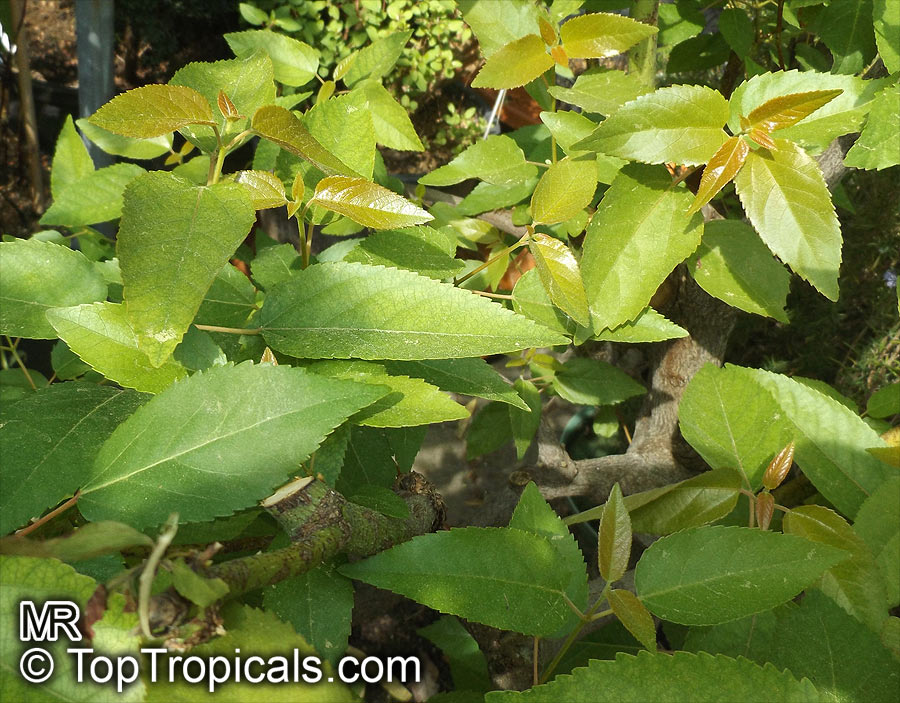Aristotelia chilensis (Maqui)
Botanical names: Aristotelia chilensis, Aristotelia macqui
Common names: Maqui, Chilean Wineberry
Family: Elaeocarpaceae
Origin: Chile, Argentina








Aristotelia chilensis, also known as Maqui, is a small tree that reaches 10-20 feet in height and is native to Chile and Argentina. It prefers full sun or semi-shade, and needs regular water to grow. Its white or off-white flowers are small and unisexual, with its small purple-black berries typically measuring 4-6 mm in diameter.
The berries of the Maqui tree have a rich array of health benefits. They are rich in antioxidants, particularly anthocyanins, which can help reduce inflammation in some conditions, as well as boost general health. Maqui berries are also high in dietary fiber which can help support digestive health, as well as essential nutrients such as calcium, iron, magnesium, and Vitamin A and C.
The Maqui tree can produce up to 500 fruits per season and can be grown in USDA Zones 9-11, though it may require extra care in colder climates. Care of the Maqui tree in a pot requires well-draining soil and careful monitoring of water levels in colder climates. Consider setting up a mulch barrier around the tree to help protect its roots from frost damage, and bring the tree indoors or to a sheltered area when freezing temperatures threaten.
In addition to its health benefits, the Maqui tree has also been used in ethnomedical practice for many generations. The leaves, bark, and roots of the tree have traditionally been used to make herbal remedies, and the berries are also edible, adding to their health benefits.
